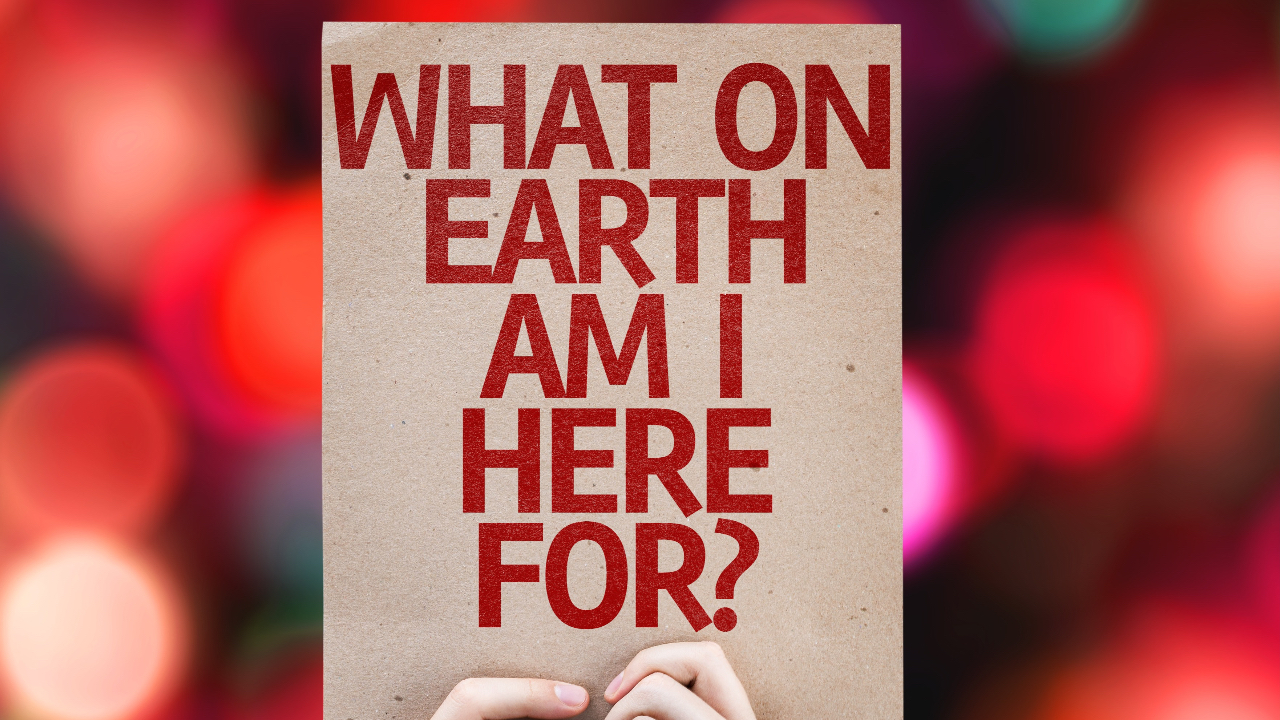Spirituality — Daring to Grow
Apr 27, 2023
We live in one of the most spiritual times in human history. Today people are once again intuiting the wholeness (and holiness) that is life. In fact, the observations of modern consciousness research dispel the myth that consciousness is merely a by-product of neurophysiological processes within the human brain. In short, we are recovering the ancient understanding of psyche as being the soul — that which intimately connects us with all of Reality. This notion, corroborated by consciousness research, insists that
"consciousness is a primary attribute of existence and that it is capable of many activities that the brain could not possibly perform. According to the new findings, human consciousness is a part of and participates in a larger universal field of cosmic consciousness that permeates all of existence."[1]
In other words, we are rediscovering that it is truly within God — the Divine, the Universe, the Collective Unconscious, the Ground of All Being — that everything "lives and moves and has its being."
Today, one's spiritual identification is no longer dependent upon one’s geography. For the first time in history, humanity has access to the sacred texts, wisdom teachings and spiritual traditions of all the cultures of the world. The depth of the wisdom available to the modern seeker is truly boundless. And yet, ironically, it is this accessibility to the sacred teachings and traditions of the world that often becomes one of the greatest impediments to an individual's spiritual growth and development. With such a wealth of wisdom at our disposal, there is the ever-human tendency to "cherry pick" — to devote one's self only to those teachings and disciplines that affirm self (ego-self) and thereby avoid the work of confronting our shadow and wounded aspects — precluding the struggles or pain that is associated with the birth of the Self (True Self). In other words, we readily fall into the trap depicted in the story of the Fisher King — seeking to partake of the Self (i.e., take on consciousness) before we are mature enough to support it. The consequence of such an approach to spirituality is that the spiritual journey either remains at the rather superficial level of self-help or is abandoned all together. Instead of plumbing the depths of one's soul many modern seekers end up abandoning the spiritual journey all together by settling for religious piety and/or cultural approbation (that is, being content with the sanctioned and established practices of the dominant and accepted norms of the culture).
Humanity’s greatest challenge is that of growth — both individually and communally. As Thomas Keating, a Cistercian priest, notes, the great sin of humanity is not one of moral failing, either individually or collectively. The great sin of humanity is "to refuse to grow and to choose to stay as we are."[2] The task of the spiritual journey is ultimately one of growth. Growth, which is always a dynamic activity and unfolds over the course of one’s lifetime, stands in stark contrast to modernity's linear paradigm for human progress. By opening one's self to growth, one experiences transformation — the process whereby energy is moved from the unconscious into consciousness. And, as the great mystics of the world have discerned, this process is best imaged as a spiral path since human becoming remains a contextual process — always dependent upon our relationships and environment. Life is ultimately about accepting the invitation to plumb the depth of meaning and then to manifest Truth/Wisdom/Spirit within the midst of daily human life.
The embodiment of Wisdom (Sophia) is that which the Christian tradition is expressing in the doctrine of the Incarnation. This fundamental doctrine, contrary to popular understanding, is making a radical statement concerning the nature of matter and human life rather than merely expressing beliefs concerning the nature of one specific individual, namely Jesus of Nazareth. According to the doctrine of the Incarnation, spirit/matter and Divine/human are intimately and inseparably related. In fact, the physical world cannot exist outside this intimate and dynamic relationship. The purpose of the spiritual journey, in the words of the Christmas blessing, is nothing less than the joining "of heaven to earth and earth to heaven." Failure to perceive this intimate relationship results in a life that is less than fully human — being truncated and rendered devoid of meaning. As Marion Woodman notes,
"When eternal essence is no longer perceived in daily living, life becomes a repetitive treadmill. The feminine container, the receiver, is so shut down that nothing new registers. The contraries (spirit/matter, masculine/feminine) cease to be perceived as living paradox; without their tension, humor, wit, playfulness, the salt that gives life its savor is not there."[3]
As we come to the realization that the seeming antitheses of life are in fact within our very being, we are able to discern that our wholeness (and holiness) is found in the relationships of these opposites. Only then are we truly ready to embrace fully the spiritual journey — manifesting the Divine within our humanity.
[1] Stanislav Grof, Psychology of the Future: Lessons from Modern Consciousness Research (New York: SUNY Press, 2000), xi.
[2] Thomas Keating, Intimacy with God (New York: The Crossroad Publishing Company, 1996), 89.
[3] Marion Woodman, The Ravaged Bridegroom: Masculinity in Women (Toronto: Inner City Books, 1990), 28-29.
SUBSCRIBE TO OUR MAILING LIST
Be in the know when a new blog is posted.
We hate SPAM. We will never sell your information, for any reason.

